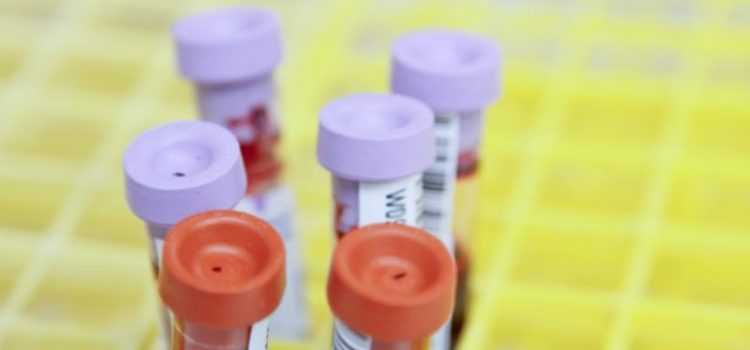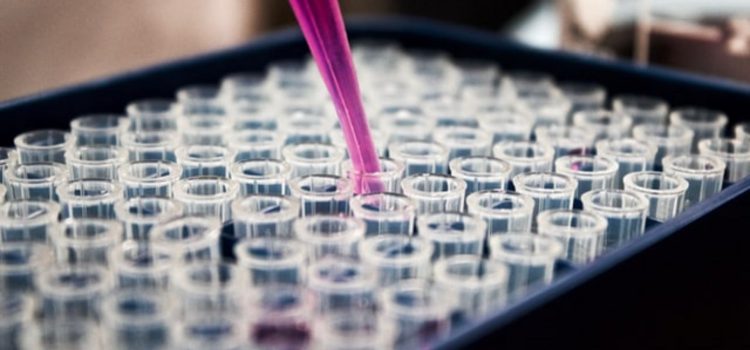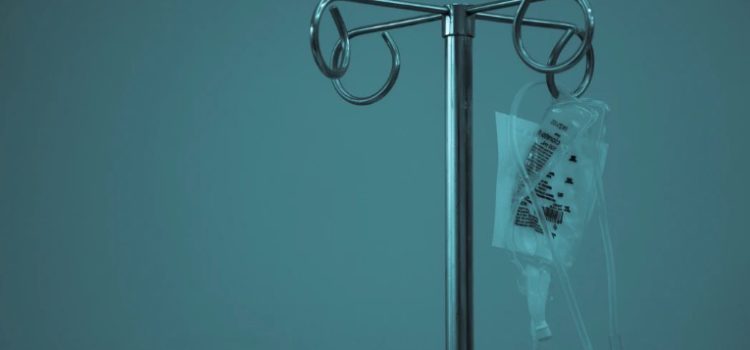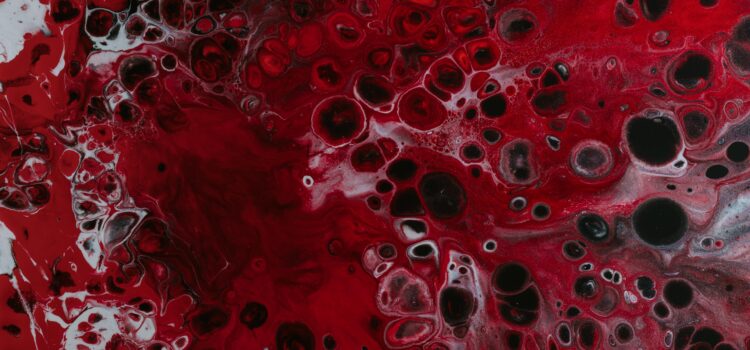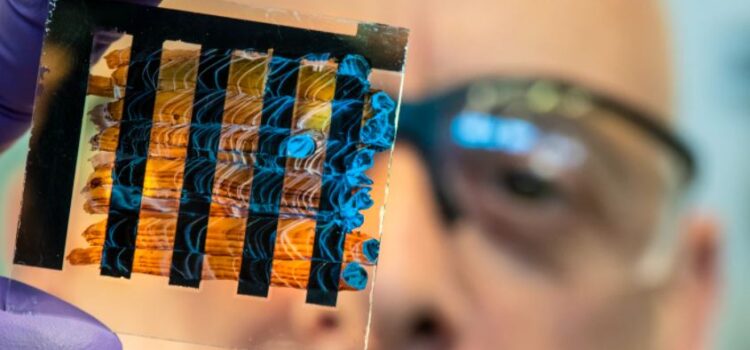What are the top nutrition myths that most people believe? And how did we come to believe them, especially when information is so freely available? With so much nutrition information floating around on the web, it can be hard to sift out the truth. Nutrition myths are everywhere—your social media feed, your favorite fitness blog, even your doctor’s office. Here, we bust the top five nutrition myths to help you make better food choices starting today.
The Top 5 Nutrition Myths: Debunked by Science


